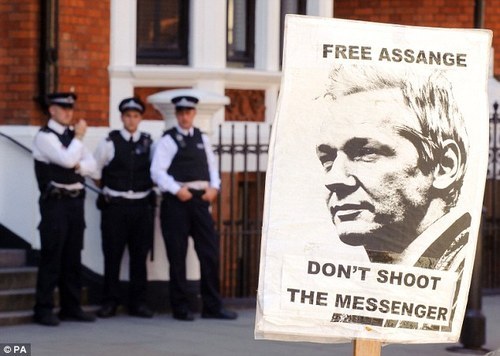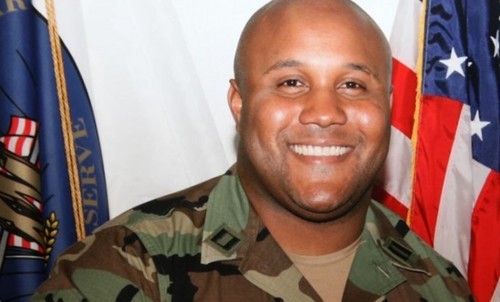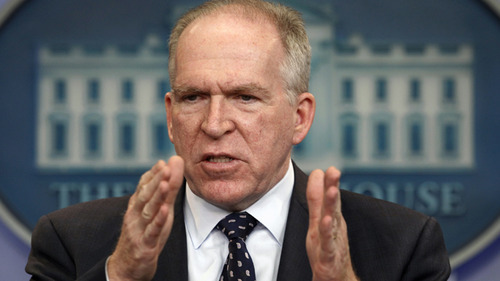Warning, some pictures in this article may be graphic.
A Facebook page run by anonymous activists has drawn the anger of drug cartels in the border state of Tamaulipas by tracking car-jackings, kidnappings, and murders in the region. The cartel has responded by printed flyers, which offer a $47,000 reward for any information on the activists or their family members.
Though chilling and distressing in the danger it presents, this kind of activism should be the goal of future journalists. The news industry has undergone a painful transformation in recent years – moving away from old print publications, conglomerating television outlets under corporate ownerships, and struggling to monetize the fast-paced world of online 24/7 news cycles. The practice of journalism has been under scrutiny, as everyone with a smart-phone can be a picture-taking-and-Tweeting source of information – the first pictures out of Tahir Square during the Egyptian uprising came from an iPhone!
Social media offers an opportunity for those brave enough to face political corruption and criminal enterprises to anonymously connect to millions of viewers. The facebook group "Valor por Tamaulipas," which translates to "Courage for Tamaulipas," has garnered a massive following by posting updated records on shootings, kidnappings, road blocks, and any other dangers the cartel activities pose. They live in an area with ineffective politicians, corrupt police forces, vicious military-trained cartel members, and a terrified citizenry. With the recent bounty placed on their head, the nameless heroes behind the site know it’s only a matter of time before they get caught.
"For us, this has become a race against the clock that we know we will not win. Something would have to happen, a miracle, for organized crime not to have the power it has, and there is neither the national nor the international will to end this cancer," the activists told DPA in an interview done by Facebook.
The cartel flyers that were spread all over the region offered: "Good money to shut the gob of f--king busybodies like these jerks who think they’re heroes."
This isn’t the first time that frustrated citizens and journalists have taken to the Internet to bring the region’s crimes to light. In the perpetual bloodbath which terrorizes the cartel territories, scores of journalists, police, and activists have been viciously murdered and dumped in the streets as a warning to others.

At least four Internet activists in the Tamaulipas region alone have already been killed, including journalist Maria Elizabeth Macias, who was decapitated in 2011. 99% of the reports which are supplied to the Facebook group come from private citizens, with a few of the non-corrupt police officers contributing to the remaining 1%.
Despite a minority of policeman tired of their department’s corrupt stigma, it is unlikely that anyone contributing to the site would seek police protection. Exposing their identities and trusting authorities who are notoriously in the pockets of powerful gangs would amount to a violent death sentence.
Mexico’s new President, Enrique Pena Nieto, seems to be gaining little support from the vigilante group - who say his plan of action to tackle the cartels amounts to little more than "sweeping it under the rug." The activists have not been contacted by government authorities, and fear that their ability to share information will soon be restricted – gagging their online fight against organized crime.

This kind of citizen activism has not yet reached American soil, where online petitions seem the clickable solution of choice. Although we hardly face the kind of violent repercussions they do south of the border, America is ironically the number one consumer of the Mexican drug trade. Other countries have also taken to utilizing cameras, phones and the internet to enact "street justice." The recent meteor crash in Russia was captured on various dashboard cameras - a practice common in the country where police abuse and corruption on the road need to be documented by civilians.
Next time you’re texting, Instagramming or Words-With-Friendsing, remember that the machine in your hand can also be a powerful tool to share information.
To follow the Valor group on Twitter, visit: https://twitter.com/ValorTamaulipas



























